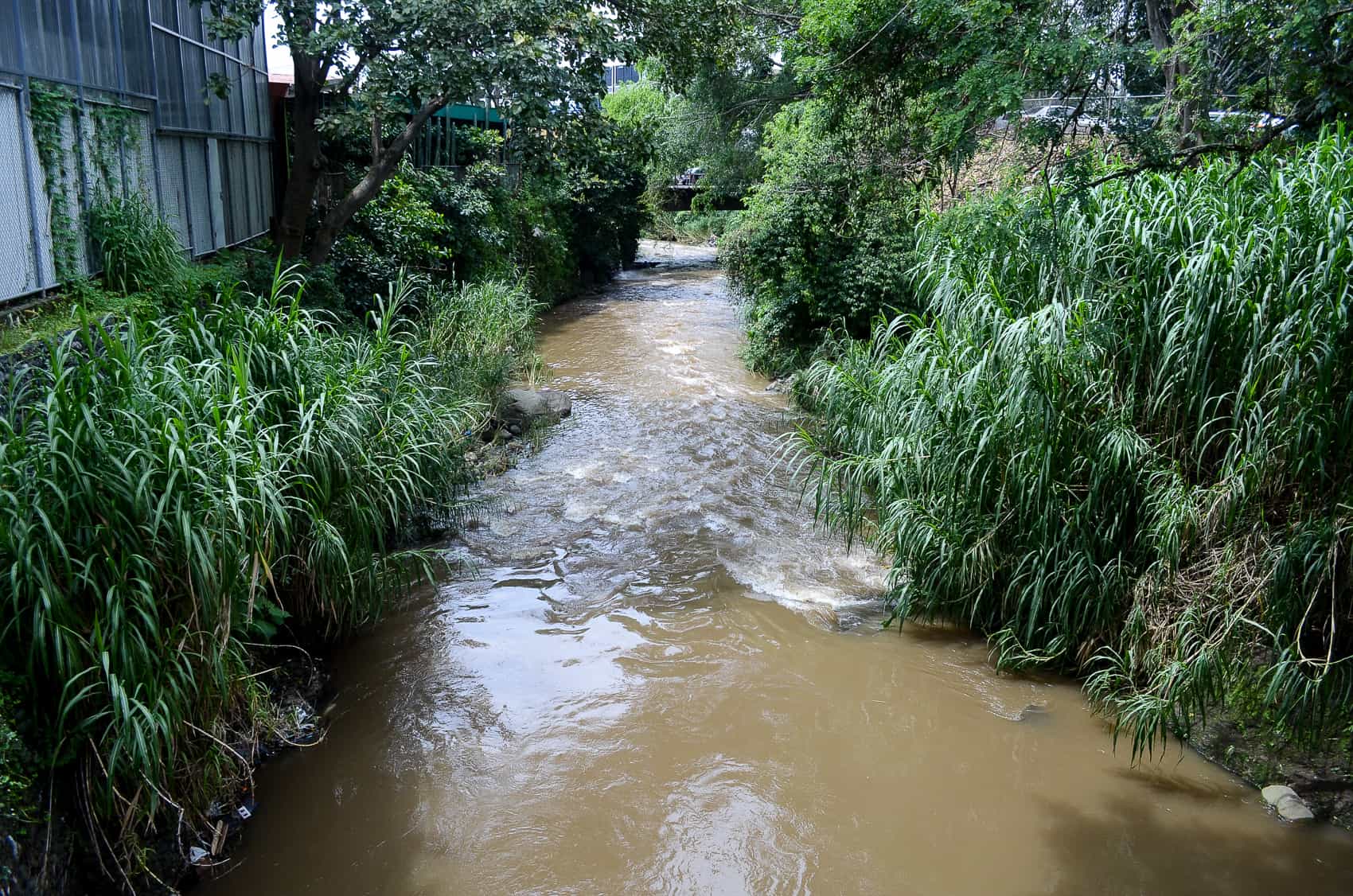The University of Costa Rica (UCR) and the Steering Board of the Local Committee of the Torres River Interurban Biological Corridor Biosphere Reserve (CBIRT-RB) have signed an agreement to rehabilitate the Torres River. The agreement, which was signed on July 26, 2023, aims to implement specific strategies for comprehensive management of the Torres River micro-basin.
The Torres River is one of the most polluted rivers in Costa Rica. It is located in the Central Valley and flows through the cantons of Montes de Oca, Goicoechea, and San José. The river is heavily polluted by domestic and industrial waste, as well as agricultural runoff.
The agreement between the UCR and the Local Committee is a significant step forward in the effort to rehabilitate the Torres River. The agreement outlines a number of specific strategies that will be implemented, including:
- Improving wastewater treatment infrastructure
- Reducing agricultural runoff
- Creating green spaces along the riverbank
- Educating the public about the importance of river conservation
The agreement also calls for the establishment of a monitoring system to track the progress of the rehabilitation efforts.
“This agreement is a major milestone in our efforts to restore the Torres River,” said Dr. Gustavo Gutiérrez Espeleta, rector of the UCR. “We are grateful for the support of the Local Committee and the other partners involved in this project. We are confident that, working together, we can make a difference.”
Luis Daniel González Aguiluz, co-coordinator of the CBIRTB, echoed Dr. Gutiérrez’s sentiments. “This agreement is a testament to the power of collaboration,” he said. “By working together, we can achieve what no one can do alone.”
The rehabilitation of the Torres River is a complex and challenging task. However, the agreement between the UCR and the Local Committee is a major step in the right direction. With the combined efforts of academia, civil society, and local governments, it is possible to restore this important river to its former glory.
In addition to the strategies outlined in the agreement, the UCR and the Local Committee are also working to raise awareness of the importance of river conservation. They are organizing educational workshops and events, and they are working to involve local communities in the rehabilitation efforts.
The rehabilitation of the Torres River is a long-term project. However, the agreement between the UCR and the Local Committee is a major step forward. With the combined efforts of all stakeholders, it is possible to restore this important river to its former glory.






